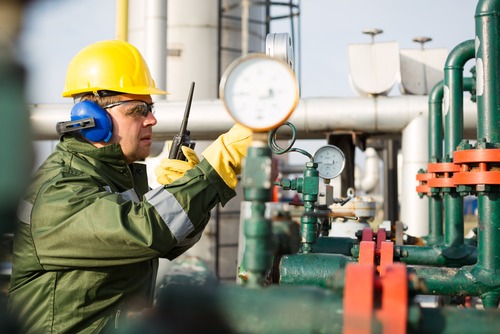
One of Pennsylvania’s largest natural gas producers, Seneca Resources, announced Thursday that it achieved certification through Project Canary’s TrustWell program.
The company said it achieved certification of approximately 300 million cubic feet per day of its Appalachian production, covering 121 of the company’s natural gas wells in Pennsylvania.
Beginning in September 2021, Seneca began Project Canary’s assessment process, which included a review of over 600 data points across air, land, water, and community criteria. Seneca earned either “Platinum” or “Gold” ratings for all of the wells in the pilot program. The company said the ratings confirm a demonstrated commitment to environmental stewardship through low methane emissions, effective water management, and well integrity programs. The company also deployed Canary X continuous emissions monitoring units on select pads to accompany high-grade leak detection monitors – part of Seneca’s standard pad design.
“Receiving such high marks from Project Canary, a top ESG assessment firm, demonstrates Seneca’s deep commitment to sustainability and best-in-class operations,” Justin Loweth, President of Seneca, said. “This certification, which is in addition to previously announced certifications, further differentiates our sustainably produced natural gas and opens additional opportunities to participate in the rapidly evolving RSG market.”
With the certification, production from these 121 wells, approximately 30 percent of the company’s natural gas production, can now be marketed as Responsibly Sourced Gas (RSG) under Project Canary’s TrustWell program, the company said.
“This pilot project covered a broad set of wells varying in age, and Seneca’s high marks are a testament to the company’s rigorous environmental, health and safety program,” said Project Canary co-founder and CEO Chris Romer. “Actual measurement and dedicated action are critical to ensuring the cleanest natural gas molecules possible are powering society, and we’re committed to being the trusted solution to help companies measure, mitigate emissions and validate performance.”